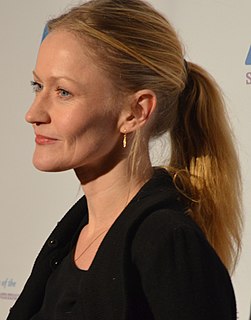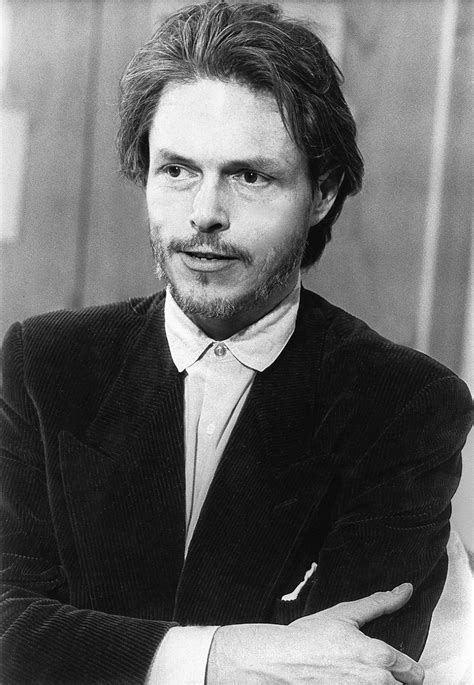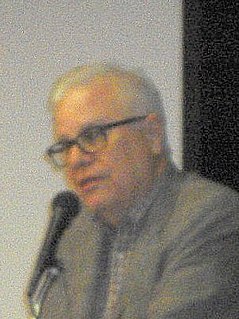A Quote by Vera Nazarian
The satisfaction of short fiction does not come close to the rich pleasure I get as a writer in the long deep immersion in the same long work and its growing complexity. I suppose you might say I love to wallow in my characters and imaginary worlds. I love to play with the whole necklace, not just one glittering stone.
Related Quotes
Long fiction is wonderful and you can lose yourself in it as a reader and as a writer, but short stories don't allow the same kind of immersion. Often the best stories hold you back and make you witness them. This may be one of the reasons some people reject the form. That and the fact that they are harder work to read. A story will not let you get comfortable and settle in. It is like a stool that is so small that you must always be aware of sitting.
For as long as there's life, for as long as we have things happening in the world, for as long as people haven't been able to work it, for as long as people are not trying to work it out, for as long as there's crime, destruction, hate, bigotry, for as long as there is a spirit that does not have love in it, I will always have something to say.
It sounds schmaltzy to say, but fiction is much more to do with love than people admit or acknowledge. The novelist has to not only love his characters - which you do, without even thinking about it, just as you love your children. But also to love the reader, and that's what I mean by the pleasure principle.
Realisation of love can never come so long as there is the least desire in the heart, or what Shri Ramakrishna used to say, attachment for Kâma-Kânchana (sense-pleasure and wealth). In the perfect realisation of love, even the consciousness of one's own body does not exist. Also, the supreme Jnana is to realise the oneness everywhere, to see one's own self as the Self in everything. That too cannot come so long as there is the least consciousness of the ego (Aham).
I love my job. It's such a privilege to be able to play such complicated characters. Growing up, I wanted to be a billion different things. I realized in order for that to happen, I don't have to be them all because the characters I want to play require such research and such a transformation to make that work - that's something that I love doing.
He cleared his throat, "Zoe, i think you said you love me." "I did say it. I do love you with all my heart." "I see." There was a long pause, then he said, "For how long has this been going on?" "I don't know," she said, "Sometimes i think it started a long, long time ago." "You might have mentioned it." "I didn't want to encourage it," she said, "I thought it was a bad idea.
Oh, I love labels, as long as they are numerous. I'm an American writer. I'm a Nigerian writer. I'm a Nigerian American writer. I'm an African writer. I'm a Yoruba writer. I'm an African American writer. I'm a writer who's been strongly influenced by European precedents. I'm a writer who feels very close to literary practice in India - which I go to quite often - and to writers over there.
I think all of us begin as writers. I wanted to be a writer from the time I as eight, long before I heard of jazz. The question is, once you have that obsession, what is your subject going to be and you often don't know for some time. It might become fiction, it might be non-fiction, and if it's non-fiction it can go in any number of directions.






































